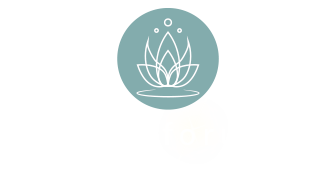HorAchti
Neues Mitglied
- Registriert
- 24. September 2011
- Beiträge
- 2.199
bin für essen (fressen) was schmeckt -
machen tiere in freier wildbahn auch so.
scheint zu bekommen.
PS: meine die nicht degenerierten tiere, die kein natürliches empfinden mehr dafür entwickeln können, was gut ist für sie und was nicht.
oh ein ganz schlauer

